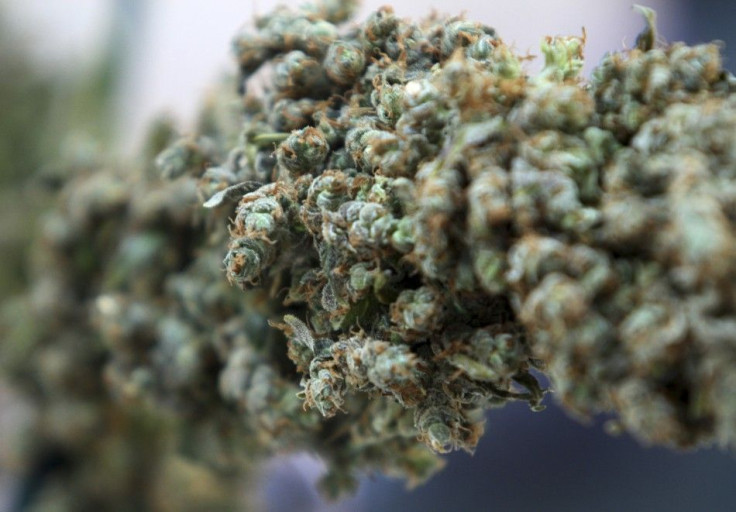California Medical Association is First to Recommend Legalization and Regulation of Marijuana

The California Medical Association (CMA) has adopted an official policy recommending the legalization and regulation of marijuana, a move the organization argues would allow physicians to research the health benefits of the substance.
The CMA, which represents more than 35,000 physicians in the state, adopted the position at its annual meeting in Anaheim last week. According to a news release, it's the first statewide medical association in the nation to take an official position in favor of cannabis legalization. The Board of Trustees approved of the policy without objection.
The federal government's classification of cannabis as a Schedule I drug has restricted scientists' ability to study the substance, which CMA representatives claim puts doctors in an uncomfortable position when they recommend the drug to patients in need of medical marijuana.
We need to regulate cannabis so that we know what we're recommending to our patients, said Paul Phinney, the CMA board chairman. Currently, medical and recreational cannabis have no mandatory labeling standards of concentration or purity. First, we've got to legalize it so that we can properly study and regulate it.
James T. Hay, the CMA President-elect, said the discrepancy between state and federal law in California has also been problematic for doctors. Although doctors have been allowed to recommend medical marijuana under California state law since 2006, they're still put in a difficult legal position by prescribing it since they could be penalized under federal law.
The CMA has developed medical cannabis recommendation guidelines for doctors that specify a limited number of conditions for which it may be effective. However, because of federal restrictions, dosages aren't standardized and side effects haven't been adequately researched.
Association Also Favors Legalization of Recreational Marijuana
The medical association is also in favor of legalizing recreational marijuana so that states can regulate the substance for purity and safety. While the CMA acknowledges there are some health risks associated with marijuana consumption -- which is why it suggested the substance be regulated similarly to alcohol and tobacco -- Donald Lyman, who wrote the group's new policy, told the Los Angeles Times that current laws have proven to be a failed public and health policy, citing increased prison costs and racial inequalities in drug-sentencing cases.
According to the Drug Policy Alliance, even though African Americans only make up 14 percent of regular drug users, they comprise 37 percent of all drug arrests. In 15 states, offenders can still face up to a life sentence for a nonviolent marijuana charge.
Moreover, under federal law, anyone who has been found guilty of the manufacturing, importing or distributing of 60,000 or more marijuana plants can face the death penalty.
The CMA opposed Proposition 215, the California law that legalized medical marijuana, when it was proposed in the 1990s. The medical association said the law unwillingly placed doctors in the center of the feud between those who believe it has medical benefits and those who don't.
Last November, California voters rejected Proposition 19, which would have legalized the possession and cultivation of limited amounts of marijuana, while permitting local governments to regulate and tax sales.
The exact medical benefits of marijuana vary, depending on who you ask. A 2010 study from the University of California Center for Medical Cannabis Research reports cannabis is effective in treating neuropathic pain in cancer, diabetes, HIV/AIDs and spinal cord injury patients. The International Association for Cannabinoid Medicines reports there have been 37 controlled studies assessing the safety of marijuana and its naturally occurring compounds in about 2,500 subjects since 2005.
The number of Americans who advocate the legalization and regulation of marijuana has grown in recent years. A March 2011 study conducted by the Pew Research Center found that 45 percent of Americans are in support of legalizing cannabis, the highest percentage over the past 40 years.
Those who advocate marijuana legalization aren't afraid to make their voices heard. Last month, the White House created a new tool on its Web site called We The People that allows users to petition the administration on a range of issues facing the U.S. The Web site states that petition's receiving more than 25,000 signatures will be investigated and receive an official response from the White House; as of Oct. 17, a petition calling for the legalization and regulation of marijuana has garnered over 56,000 signatures, more than any other entreaty.
© Copyright IBTimes 2024. All rights reserved.











